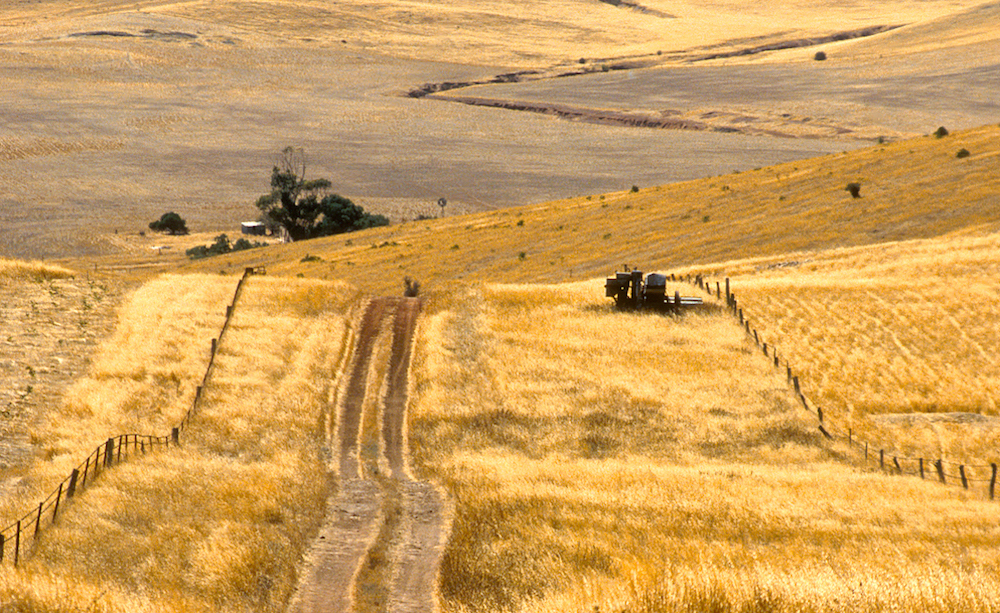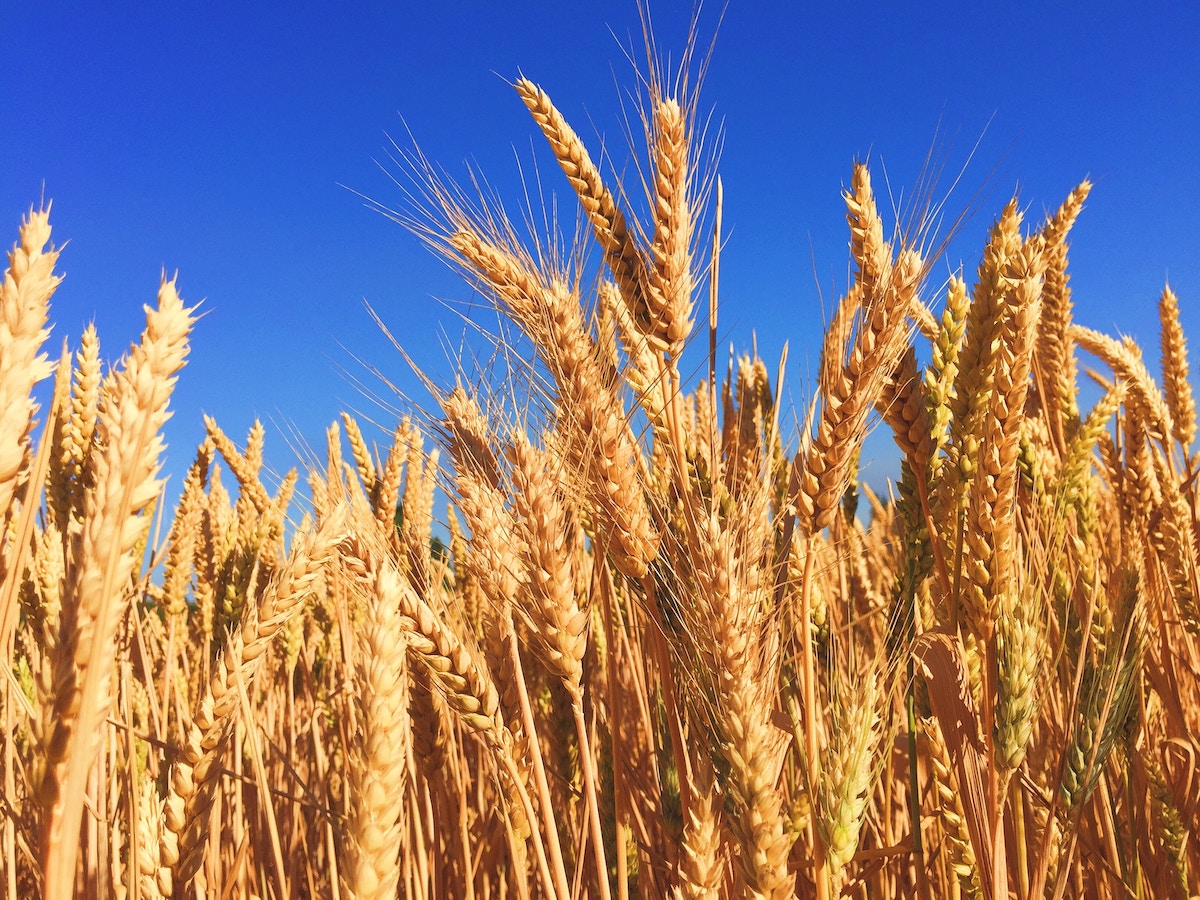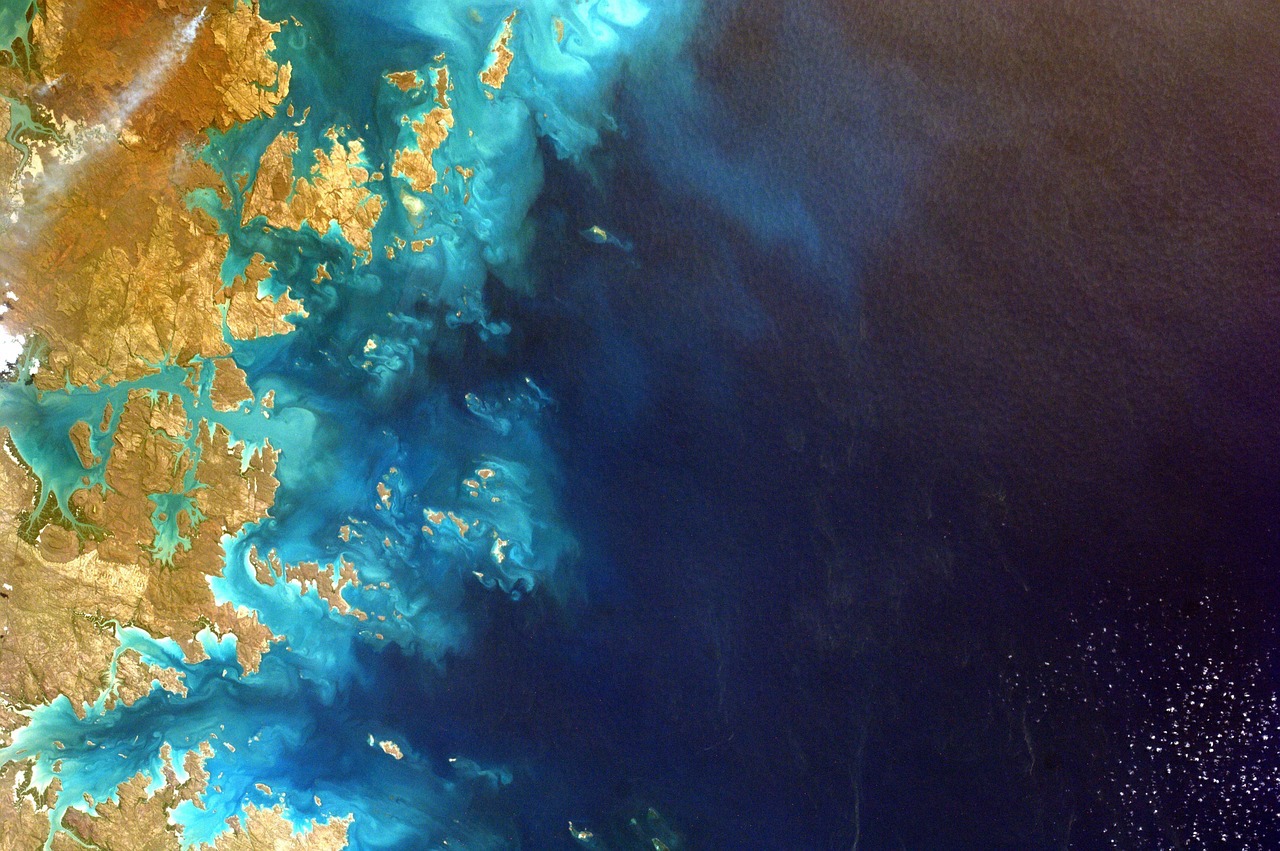-
Research brief: Towards reliable extreme weather and climate event attribution

New work published in Nature Communications develops a correction method that ensures the probability of climate extremes in the model simulations are consistent with real-world observations. In addition, it also corrects the rate of the long-term changes and the inter-annual variability so that it is consistent with observations.
-
Climate extremes explain 18%-43% of global crop yield variations

CLEX researchers and colleagues from Australia, Germany and the US have quantified the effect of climate extremes, such as droughts or heatwaves, on the yield variability of staple crops around the world. Overall, year-to-year changes in climate factors during the growing season of maize, rice, soy and spring wheat accounted for 20%-49% of yield fluctuations,…
-
Research brief: Testing CORDEX for future climate projections

CLEX researchers evaluate the performance of CORDEX simulations over Australia against gridded observations of temperature and precipitation.
-
Marine heatwaves a clear and present threat to our oceans

The increase in frequency and intensity of ocean heatwaves over the past 30 years has had profound impacts on certain marine ecosystems and significantly impacted the industries that depend on them. According to new research in Nature Climate Change, marine heatwaves are now a clear and present threat to global biodiversity.
-
Research brief: Categorising and naming marine heatwaves

This paper proposes a standard categorisation and naming framework for marine heatwaves that works in a similar way to schemes used for tropical cyclones or earthquakes.
-
Research brief: Calibration in the GIMMSv3.0g dataset may have affected dryland NDVI values globally

Calibration errors in the widely used Global Inventory Monitoring and Modeling System Version 3 NDVI (GIMMSv3.0g) dataset caused significant errors in the trends over some of Australia’s dryland regions. Though identified over Australia, the problematic calibration in the GIMMSv3.0g dataset may have effected dryland NDVI values globally. These errors have been addressed in the updated…
-
Research brief: How to select the best models to predict future warming

This study illustrates how future uncertainty of climate models in predicting hot extremes is controlled by two factors, both related to amplification of hot extremes through land-atmosphere interactions
-
Research brief: Selecting the correct model is more than a “beauty contest”

The scientific community is moving away from “beauty contest” thinking where models are accepted or rejected on the basis of how well they simulate particular aspects of the present or past, toward a smarter approach that seeks to understand and exploit how present and future predictions are related as well as how different models are…
-
Research brief: Australian climate policy inaction threatens lives

Overall, the inaugural Australian Countdown finds that Australia is vulnerable to the impacts of climate change on health, and that policy inaction in this regard threatens Australian lives. In a number of respects, Australia has gone backwards and now lags behind other high income countries such as Germany and the United Kingdom. Examples include the…
-
Research brief: How to avoid overconfidence in climate model ensembles

In this review paper, researchers contextualise the broad and seemingly disparate range of attempts to define and address model dependence within climate model ensembles, and offer concrete advice on how best to avoid overconfidence.
